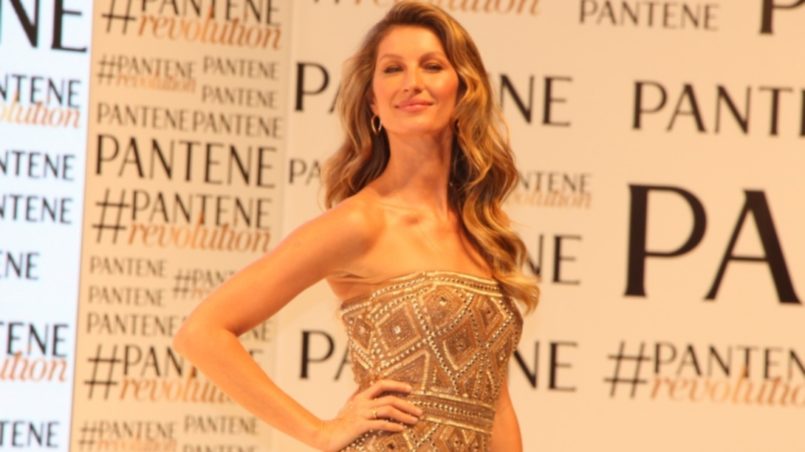Why Fees in the Millions? Work is Work!

Do you know Gisele Bündchen?
This woman is the best-paid top model in the world. Gisele Bündchen took in $44 million in one year. People like her work very hard, often spend up to 80 hours a week at full speed. The same also applies to people who, for example, work as sales reps for companies. Or one can think of people who do lots of overtime, so that they can, for example, finance their wish of building their own house.
But there are even more extreme examples
The actor Dwayne Johnson earns one and a half times more than Bündchen, which means $16,700 (converts to approx. €15,000) per hour. Currently, the highest paid person in the celebrity sector is Floyd Mayweather: a boxer who takes in $300 million per year and, as a result, his account is enriched with about €84,000 within 60 minutes.
What distinguishes these people from us? Why does a major part of humanity come home with not even €10 per hour? Should work not always be remunerated in the same way? Does one hour of work not equal one hour of work?
This is unjust and anti-social?
“This has to change”, so the tenor of political groups. Some are demanding that equivalent work gets paid the same, such as textile or metal work. But the metal industry, in which mostly men are active, often requires much hard labour – for example, highly dangerous work in blast furnaces. But in the textile industry, in which mostly women are active, there is less hard labour. Therefore it is clear why those in the metal industry are paid more than those in the textile industry. Because work is not equal to performance. Many people work very hard. But some perform more (in the sense of achieving a higher outcome with a certain amount of effort) and some perform less.
The highest paid CEO of the United States, George David from United Technologies, receives an annual salary of €400 million, whereby his hourly pay amounts to €11,400 (more or less comparable to an hour of photo sessions with Gisele Bündchen). These immense payments for top executives does not differ in the rest of the world. Also not in the workers’ paradise, China. There are people such as the IT-genius, Bill Gates, or the technology expert, Zhou Qunfei. A director like Steven Spielberg or the talk and quota queen, Oprah Winfrey, actors like Tom Cruise, author, J. K. Rowling, or golf-pro, Tiger Woods, are very important for the economy, they do not work more per hour, per minute than us, but they perform significantly more.
For this reason they are given contracts and payments in the millions. Switzerland wanted to limit the extremely high fees for top managers, but in the course of discussions, it was proven that such is only possible with local disadvantages – and, therefore, the initiative was rejected.
- Is it harder to run a company than to go down into the sewers and wipe away the shit of others?
- Is it harder to pose in front of a camera than to clean away urine from dozens of strangers’ toilets?
The answer is simple. No, it is not harder. But these people deliver more. A comparison should clarify this. If a professional athlete runs 100 metres in 10 seconds, and an amateur runs them in 15, it is indeed the same work (the same distance is being run) but a different performance. It is also similar in the case of the highly paid. In a certain period of time, they can achieve much more in value than one thousand women or men who clean toilets for an hour or go down in the sewers for an hour. This increase in value is also what makes the difference.
What it is about
In principle it is about what profit one can achieve in an hour of work. Michael Jackson also only stood on stage for an hour, sweating and working hard. But millions of people came and paid the entrance fee.
A CEO also only sits in an office for an hour, but this hour is decisive for the existence of the entire company. Thousands of people who work for this company depend on his ability during the 60 minutes. A football player who plays in front of a full stadium, a top model whose portrait appears one million times in magazines and who verifiably increases the turnover by 10% or more are top performers.
The exception
But there also are CEOs who lead companies into the abyss, who achieve hardly any success and they are still rewarded with payments in the millions. But this is only a perversion of this principle of performance-based remuneration, and not the norm.
Only those who have actually run a business successfully for a long time should be increasingly rewarded for every year in which they achieve this.
Conclusion
Credits
| Image | Title | Author | License |
|---|---|---|---|
 |
gisele_bundchen_16251946956 | Renan Katayama | CC BY-SA 2.0 |
